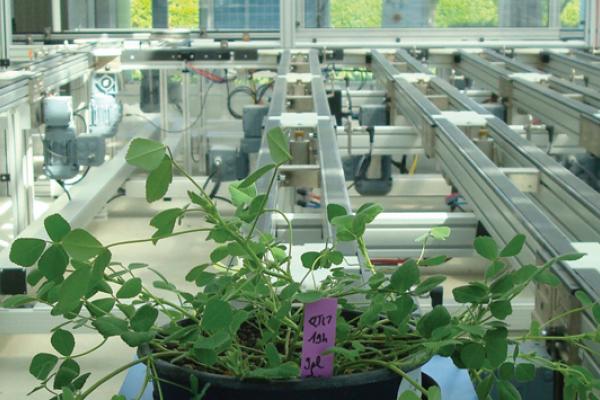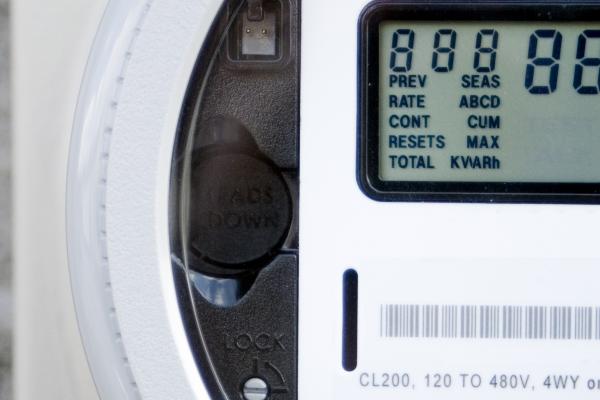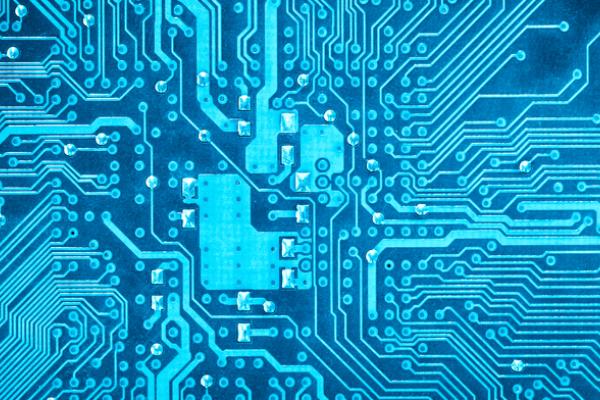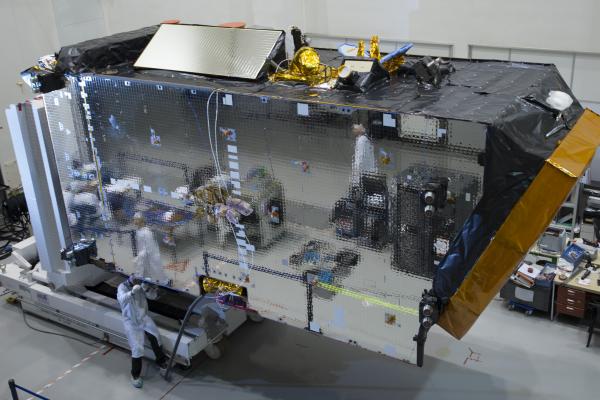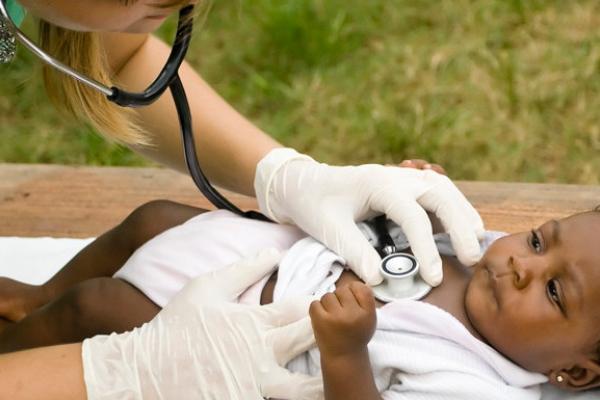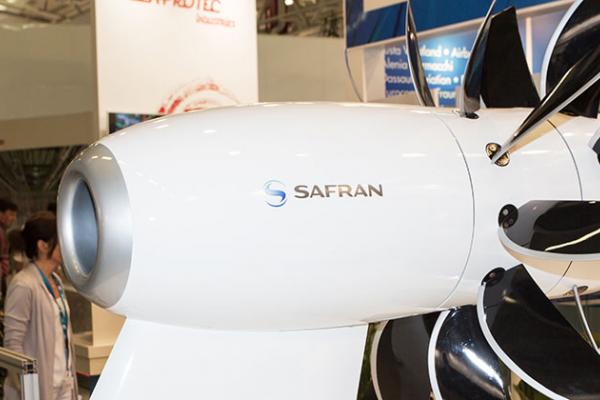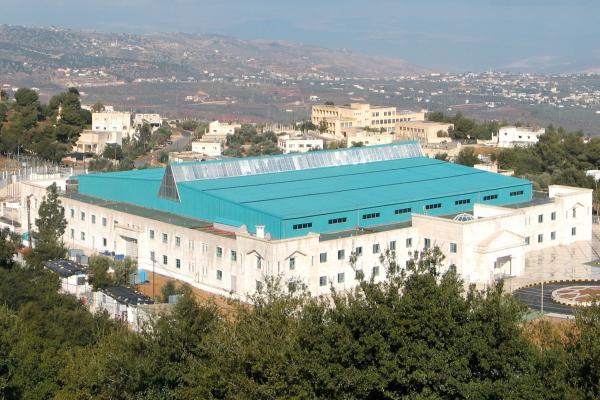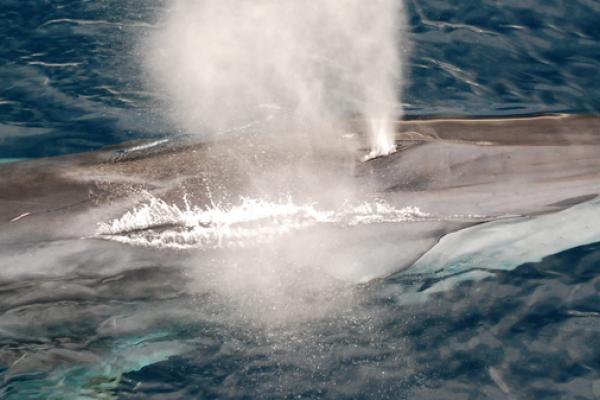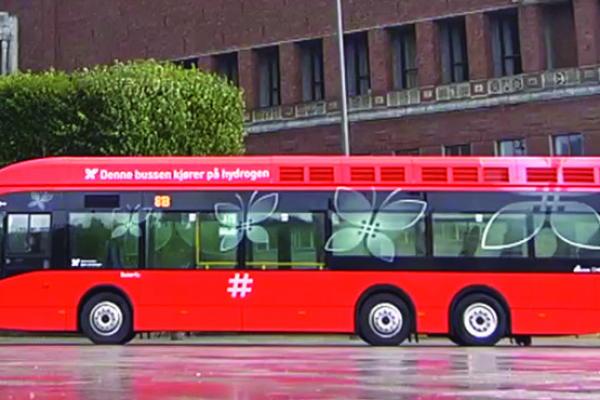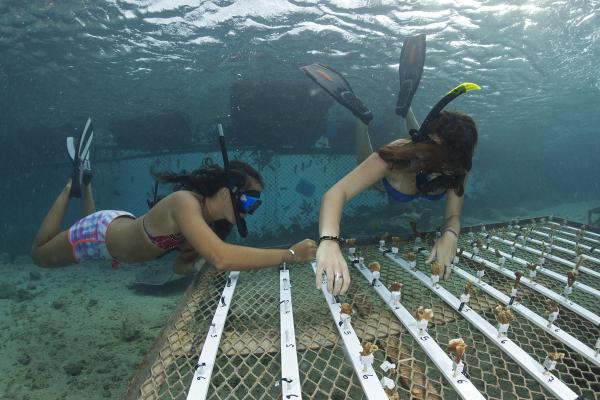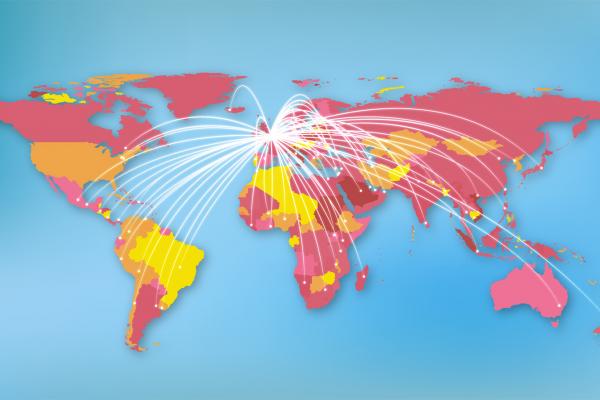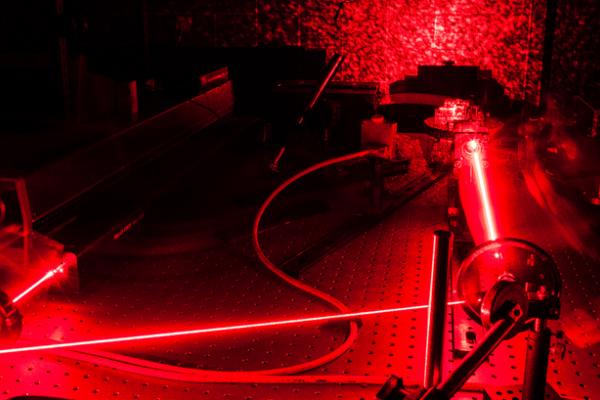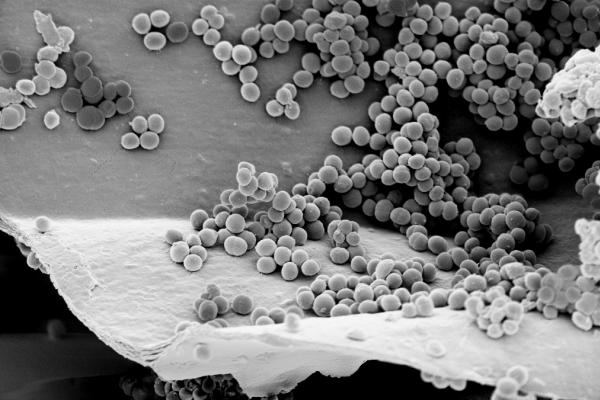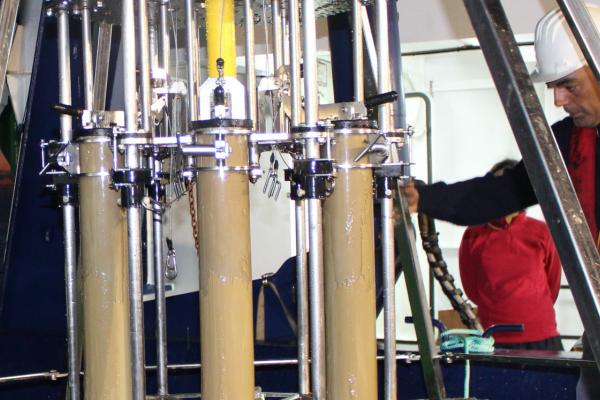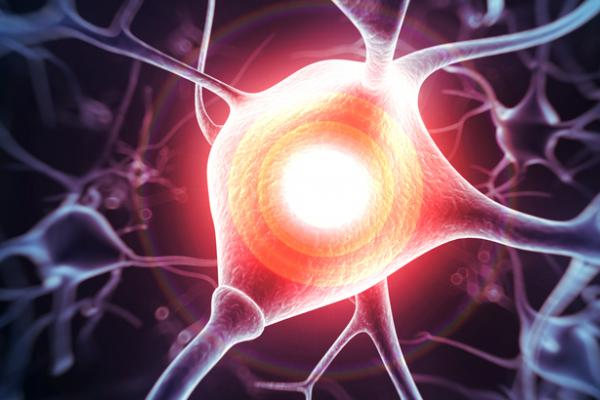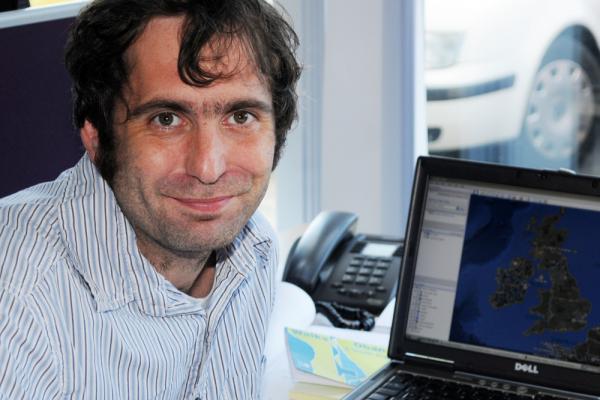European cities of the future should be greener, smarter and more inclusive, according to young Poles who shared their vision during the EU Youth Policy Dialogue in Warsaw.
Special series

Researchers on a mission
The EU is on a mission with researchers to protect our planet and society.
By helping researchers discover new ways to improve people’s lives, and to protect us from climate change and global health shocks, the EU is building a better future for all of us.
Most popular
-
1
-
2By Sofia Sanchez Manzanaro
-
3By Jonathan O’Callaghan
-
4By Gareth Willmer
-
5
Top videos
Where curiosity meets innovation: EU science fair in Belgium dazzles young minds
28 March 2025
Sowing the seeds of greater food diversity in Africa
26 March 2025
Past articles
European scientists are applying hi-tech breeding to develop vegetables that can grow through blight and drought – a GMO-free way to help Europe cut down on animal feed imports and help the environment.
The people of Alginet, a small town in eastern Spain, are paying less for their electricity. Households reduced their electricity bills by an average of 12 % over 2012, while large, commercial consumers saved 58 %.
Electronic systems are at the heart of new technology, and a partnership between the EU and industry aims to secure Europe's supply.
Europe has launched its biggest-ever telecoms satellite, and it includes some of the most sophisticated technology ever used for civilian purposes.
A mobile app that helps diagnose and treat sick children in remote parts of Malawi could have a significant impact on survival rates across the continent.
Europe’s skies will be cleaner and quieter thanks to a proposed partnership between the EU and industry. During the partnership, technologies will be developed to help cut noise and carbon dioxide emissions from planes by up to 30 %.
Citizen science is helping out where specialist researchers can't cope with the flood of data – and where computers can't match the human brain.
Europe’s agricultural by-products could be increasingly used to give people greener everyday commodities, such as oil-free vehicle fuel and bio-plastics, thanks to a planned multi-billion-euro partnership between the EU and industry.
Scientists at Concordia, Europe’s only permanent research station on continental Antarctica, saw their first dawn on Saturday after three months of continuous night.
The SESAME project aims to build the very first synchrotron particle accelerator in the Middle East. It just received EUR 5 million funding from the EU, and the new machine, which should be operational in 2016, is under construction in Jordan. It is an ambitious tool for science in the region… but also for peace.
International sea lanes and whales don’t mix, that’s why a group of researchers has worked out a way to keep the two apart, potentially saving scores of lives.
Zero emission vehicles could help reduce Europe’s carbon footprint, create jobs and preserve energy security if investment in an ambitious new energy partnership pays off.
As Europeans head to the beaches for their summer holidays, Horizon takes a look at the science of the Mediterranean.
Scientists are developing algorithms that can connect researchers across the world who have similar interests by scanning the content of academic papers.
Quantum computing could revolutionise science by offering a new way of solving complex problems beyond the scope of standard transistor-based computers.
A multi-billion-euro partnership between the EU and the pharmaceutical industry in Europe plans to target the top diseases, as identified by the World Health Organization (WHO), over the next decade.
A Mediterranean-style diet rich in fish, fruit and olive oil can help people live longer, and scientists believe this could be because of its effect on the bacteria in our stomachs.
A Mediterranean cruise might not sound like a typical day in the life of a scientist, but for researchers studying the effects of human activity on the environment, the sea has become an extension of their laboratory.
Scientists have managed to get paralysed rats to walk again, using a combination of chemicals and electrical stimulation, an achievement that might one day help wheelchair-bound humans.
Dr Tim O'Higgins, coordinator of the EU-funded KnowSeas project, based in Oban, Scotland, argues that implementation of the EU Integrated Maritime Policy will require a delicate balance between the use of Europe’s seas and conservation of the maritime ecosystem.













